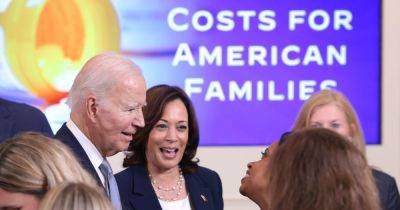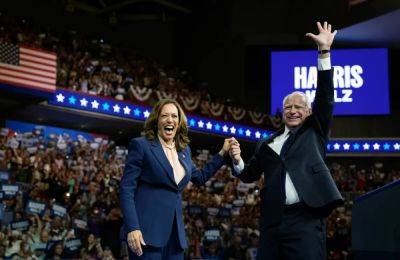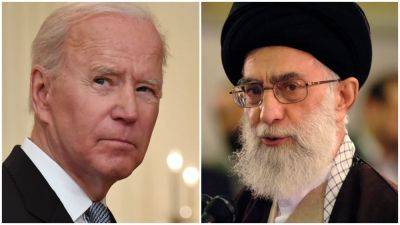Democrats Lean Into Liberty and the Language of Republicans
In Michigan, Vice President Kamala Harris declared that Americans should be free to make personal decisions — without having “their government telling them what to do.”
In Arizona, Gov. Tim Walz of Minnesota admonished Republicans: “I don’t need you telling me what books to read. I don’t need you telling me about what religion we worship. And I sure the heck don’t need you to tell me about my family.”
And in Philadelphia, as the Democratic presidential ticket made its debut, Mr. Walz seemed to make common cause with the “old white guys” he saw in the audience, noting, “Some of us are old enough to remember when it was Republicans who were talking about freedom.”
“There’s a golden rule,” he added. “Mind your own damn business!”
Democrats are making an aggressive new effort to challenge Republican claims to the language and symbolism of liberty. Using traditionally right-leaning words and phrasing, they are portraying themselves as the true champions of universal American values, and their conservative rivals as proponents of deeply intrusive policies that threaten fundamental freedoms.
For Ms. Harris and Mr. Walz, those arguments are not quick throwaways — they are central and consistent parts of their pitches, and often among their biggest applause lines.
Democrats hope that such messaging can help their party engage independent voters, and the occasional moderate Republican, by establishing common ground on ideals that transcend differences over, say, tax policy.







